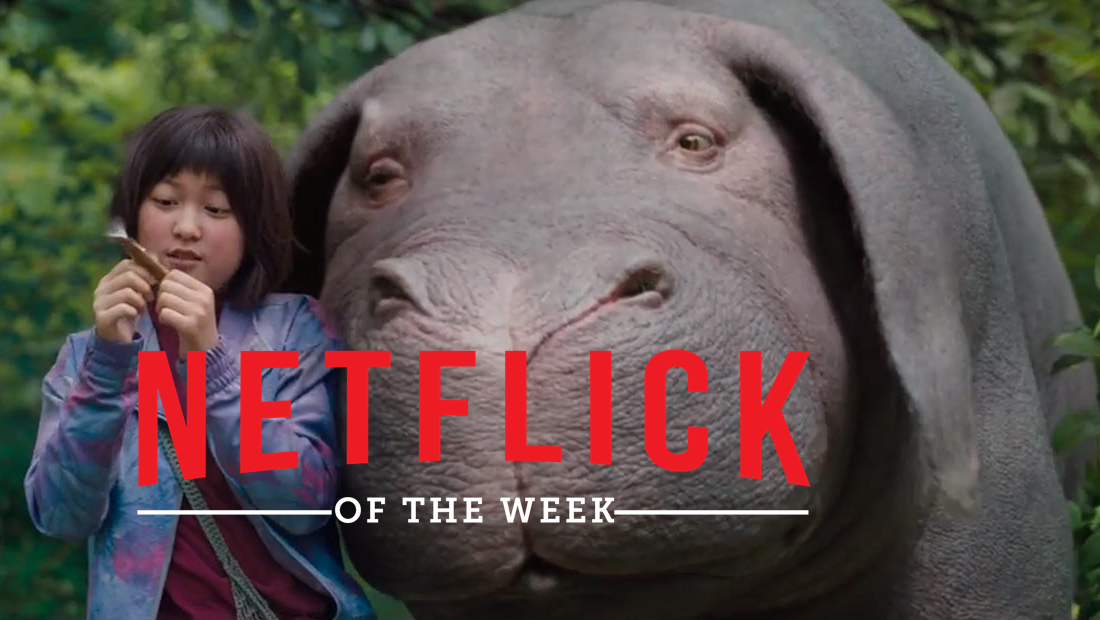There are some movies, great movies, that you can’t talk about without sounding completely ridiculous. “Okja” is one of these great, but ridiculous, movies.
“Okja” follows a young girl, Mija (Ahn Seo-hyun), and her grandfather’s absolutely massive super pig. This pig is one of the 26 given out throughout the world by the Mirando Corporation, who, ten years later, plan on crowning the top super pig as part of a ceremony in New York City.
In the South Korean mountains, Okja grows to the size of a small truck, and, after ten years together, the Mirando Corporation tries to take Okja back to America in spite of Mija and the Animal Liberation Front’s (ALF’s) protests.
It’s absolutely bonkers, a fact that the film does not shy away from. Even though the film treats the strong emotional bond between Mija and Okja very seriously, it’s filled with silliness, fun and even a few moments of genuine sadness.
One of the reasons the film’s juggling act of tones works is because of Okja’s director, Bong Joon-Ho, one of the most respected non-american directors in the world. Audiences may have been exposed to Joon-Ho’s tendency to blend and balance drastically different tones and languages in “Snowpiercer.”
In Okja, Joon-Ho is balances the ineffectual ALF’s non-violent terrorist plot and Jake Gyllenhaal’s gleefully overacted performance as Dr. Johnny, the face of the Mirando Corporation, with the genuine horrors of a slaughterhouse where super pigs like Okja are made into cheap jerky.
It’s a transition that’s abrupt, but works for the film because of Joon-Ho’s ability to make a genetically modified pig sympathetic.
The super pig Okja was created using digital effects, but her performance is so nuanced and real that you quickly forget pigs can’t actually grow to the size of dumpsters. It’s hard not to think of Okja among the pantheon of great characters created using these effects, especially among non-speaking characters.
Much like his most successful films “The Host” and “Snowpiercer,” Joon-Ho is using these relatable and sympathetic characters to express a conservationist message. “Okja” as a film asks its viewers to look at the food industry and our treatment of livestock but isn’t preaching a vegan lifestyle. One ALF member embodies one of the fundamental flaws of giving up all processed food, there’s nothing left to eat.
“Okja” is not like anything you’ve seen; Joon-Ho’s film career in South Korea has brought him down a narrative path that is entirely his own. “Okja” is not a Hollywood blockbuster, and it wasn’t made for everyone, but you owe it to yourself to see it if his films are for you.
Touching, funny and sometimes difficult to watch, “Okja” is a film that you need to see.




